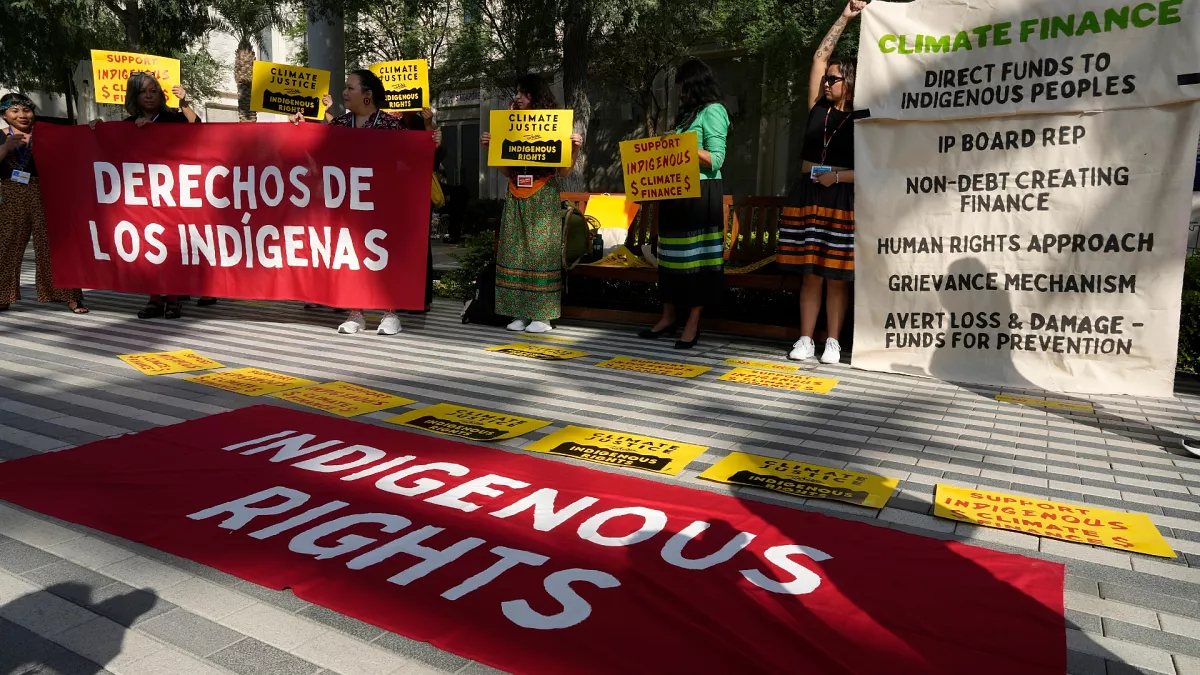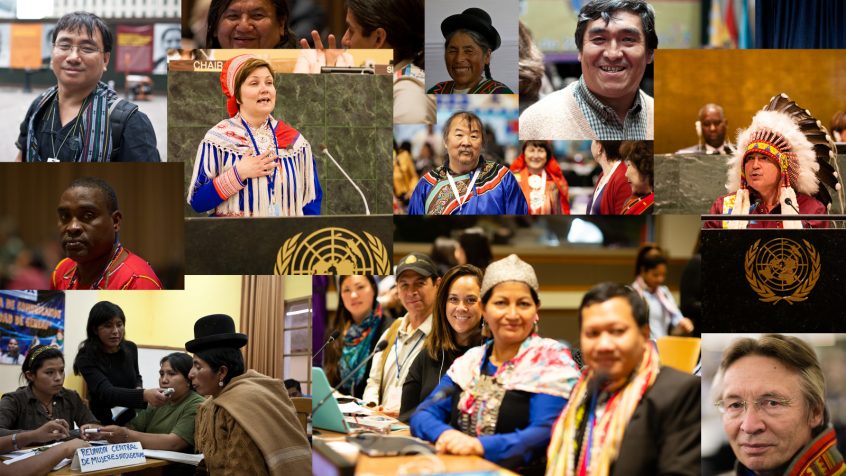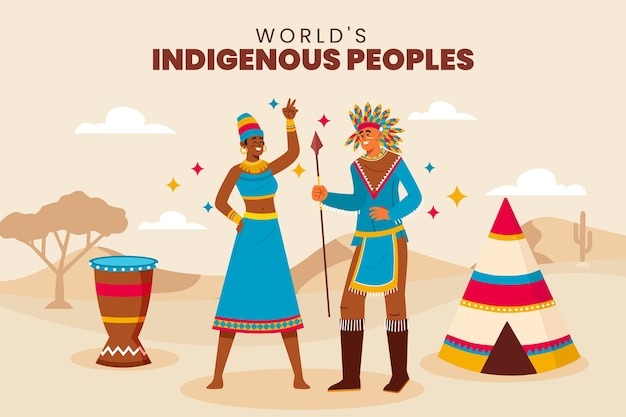On August 9, the world celebrated the International Day of Indigenous Peoples, dedicated to protecting the rights of unique communities that are in voluntary isolation or at the stage of first contact with the outside world. This year, the emphasis is on the importance of preserving and protecting the rights of those who choose to live in remote corners of the planet, such as the forests of Bolivia, Brazil and Indonesia. These communities, striving to maintain their autonomy and cultural heritage, face threats from global pressures and environmental changes. With rapid urbanization and changes in ecosystems, it is important to understand and support the rights of indigenous peoples whose unique culture and way of life are under threat.
Secrets of the Remote Forest: Protecting Indigenous Peoples in an Age of Global Change
There are about 200 indigenous groups on planet Earth who prefer to live in voluntary isolation or are at the stage of first contact with the outside world. These communities live in remote and inaccessible forested areas that are rich in natural resources in countries such as Bolivia, Brazil, Venezuela, India, Indonesia, Colombia, Papua New Guinea, Peru and Ecuador. Their choice of isolated existence is associated not only with the desire to preserve their culture and traditions, but also with the need to maintain the viability of their unique ecosystems.
These indigenous groups lead a traditional lifestyle of gathering and hunting, which allows them to maintain balance with nature and preserve their cultural characteristics. Their ecosystems are generally unaffected by large-scale urbanization and industrial projects, making their habitats exceptionally vulnerable to external influences. The mobile lifestyle of these peoples allows them to use resources efficiently while avoiding excessive environmental impact. However, in the context of global changes and pressure from the outside world, these ecosystems are under threat.

Isolated tribes deliberately avoid contact with modern society for a number of reasons. Firstly, many of them strive to maintain their autonomy and independence, which may be violated if contacts are established with the outside world. Secondly, other communities are trying to protect their cultural traditions, customs and languages, which may be influenced by external factors. For them, any changes in the environment or cultural influences from outside can threaten their cultural heritage and identity.
Indigenous peoples living in voluntary isolation represent humanity’s unique cultural heritage. Their languages, customs and traditions are an integral part of the world’s cultural diversity. Preserving their cultural identity and ecosystems is vital to maintaining global cultural and environmental balance. The need to protect these communities and their rights is becoming increasingly urgent in the face of modern global changes and external pressure.
Changes in the natural environment, such as deforestation, resource extraction and climate change, can have a devastating impact on the lives of indigenous peoples, threatening their existence. Therefore, supporting their right to preserve their traditional way of life and protecting their territories are important tasks for the international community. It is important to ensure that the interests of these communities are taken into account and protected, which will help preserve their unique cultural heritage for future generations.
Indigenous Peoples in Isolation: Guardians of the Earth’s Forests and Cultural Wealth
Indigenous peoples living in voluntary isolation play a key role in protecting ecosystems and preserving cultural heritage. According to UN experts, these communities are the best guardians of forests, thanks to their deep connection with nature and the traditional knowledge that they pass on from generation to generation. Indigenous peoples have unique skills and practices that contribute to the sustainable management of natural resources, which in turn helps conserve forests and biodiversity.
Research shows that where indigenous peoples’ collective rights to land and territory are protected and respected, forest ecosystems perform significantly better than in areas where these rights are not protected. Protecting land rights helps prevent over-deforestation, ecosystem destruction and biodiversity loss, which also contributes to the sustainability and prosperity of forested areas. These communities practice traditional farming, which includes the sustainable use of natural resources, which ensures that ecosystems are maintained in their natural state.

The cultural and linguistic richness of indigenous peoples represents a key aspect of world heritage. Their unique languages, traditions and customs enrich human civilization and support the cultural diversity of the planet. The active transmission of this knowledge and tradition maintains its uniqueness and relevance in a global context.
Protecting the rights of indigenous peoples is important not only for the protection of forests, but also for the preservation of their cultural heritage. In the face of global change and pressure from the outside world, supporting their rights becomes critical to preventing threats to ecosystems and cultures. The international community must strengthen efforts to recognize and protect the rights of these communities in order to preserve both the natural resources and cultural wealth that are an important part of our common heritage.

